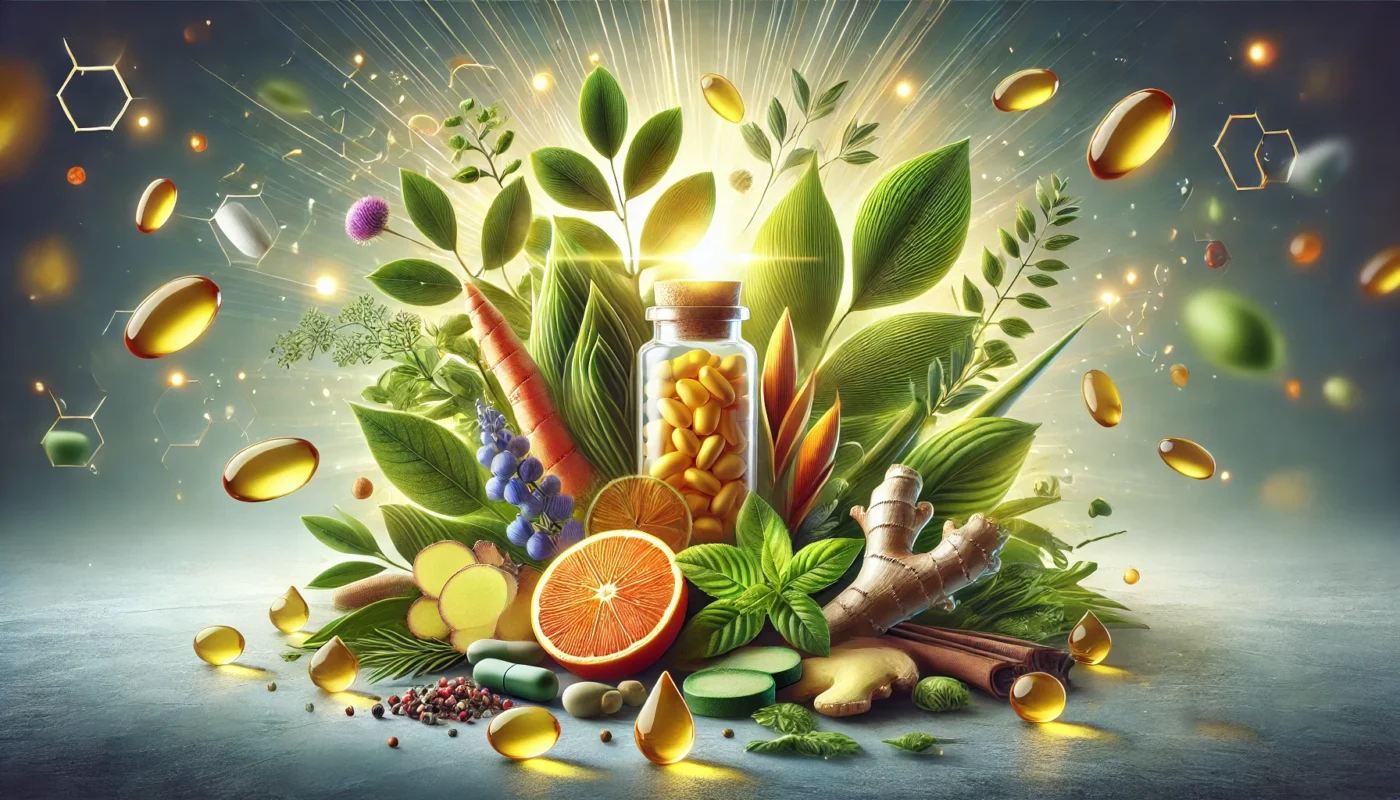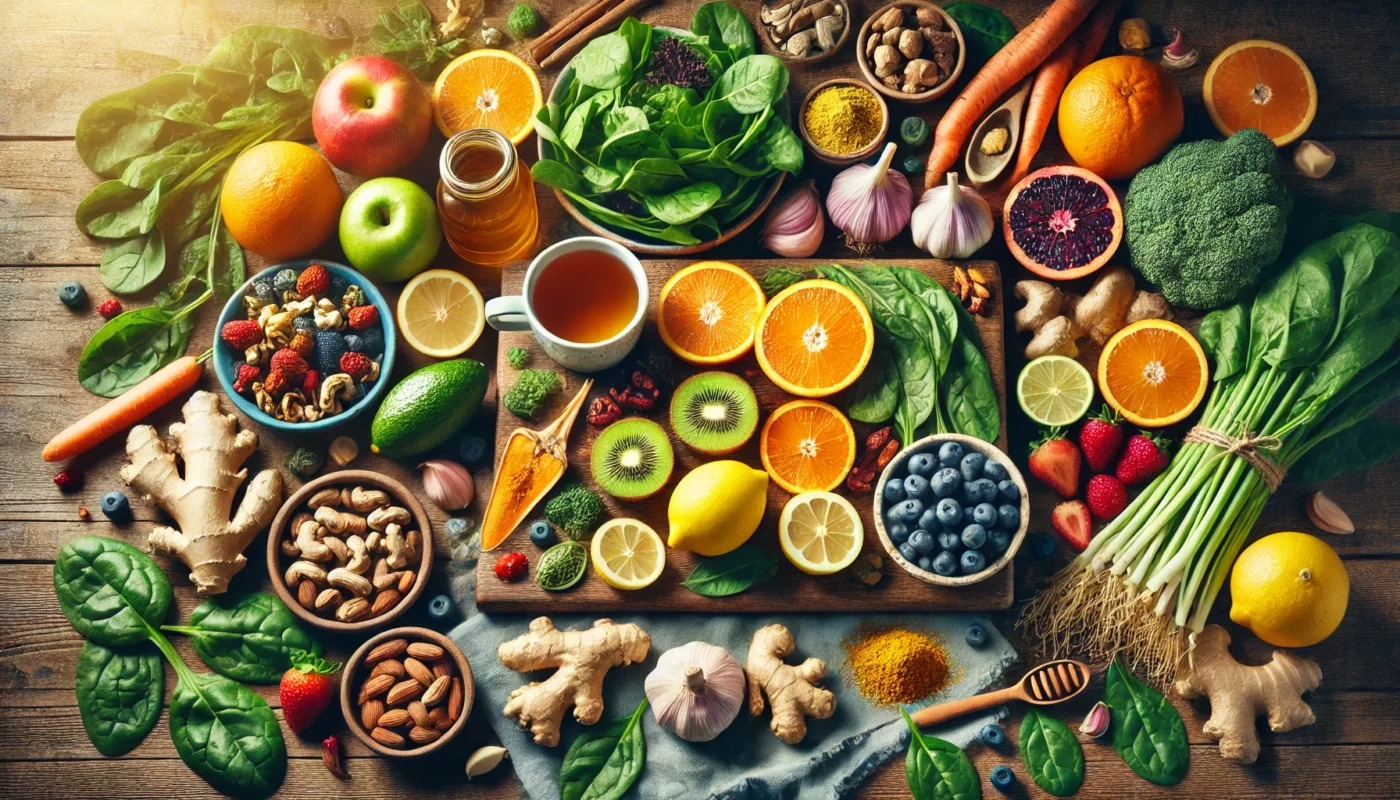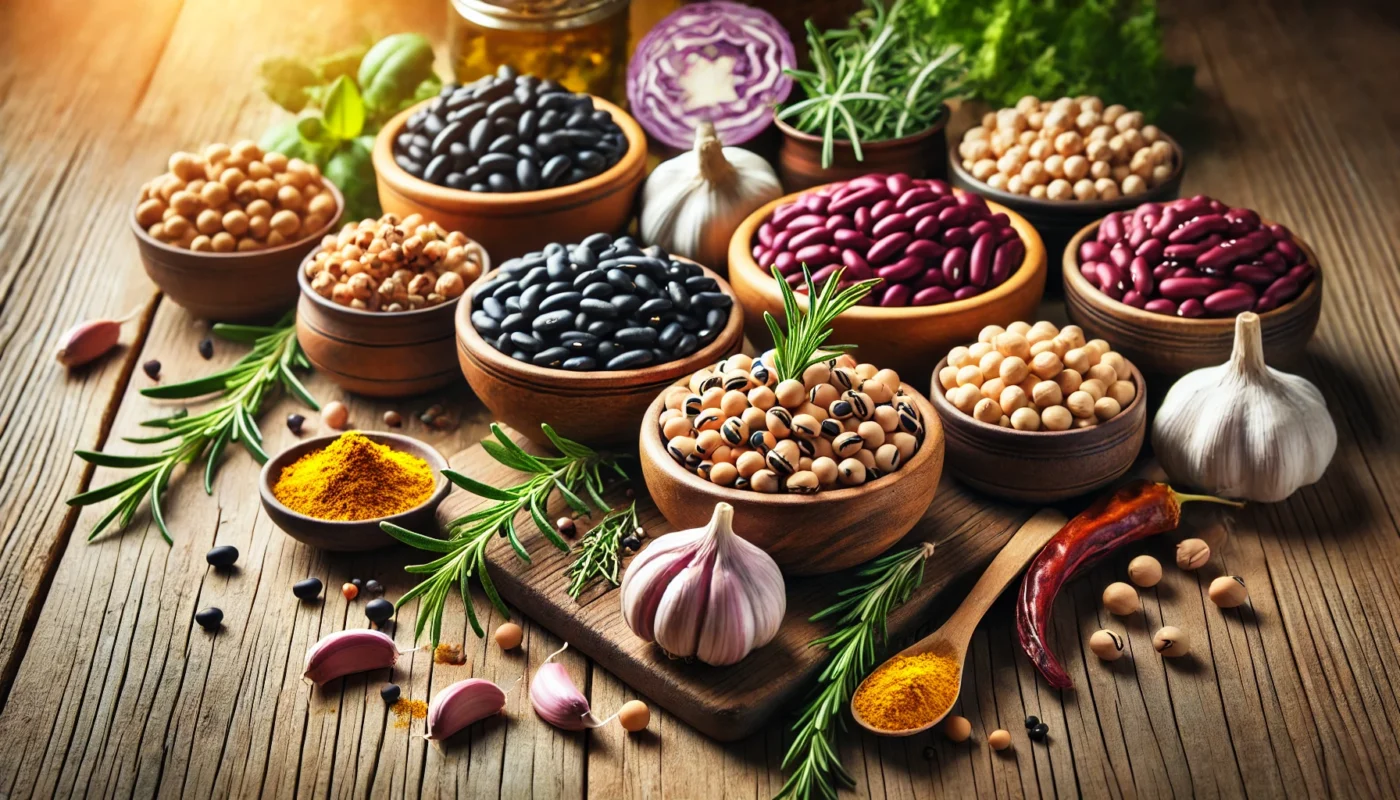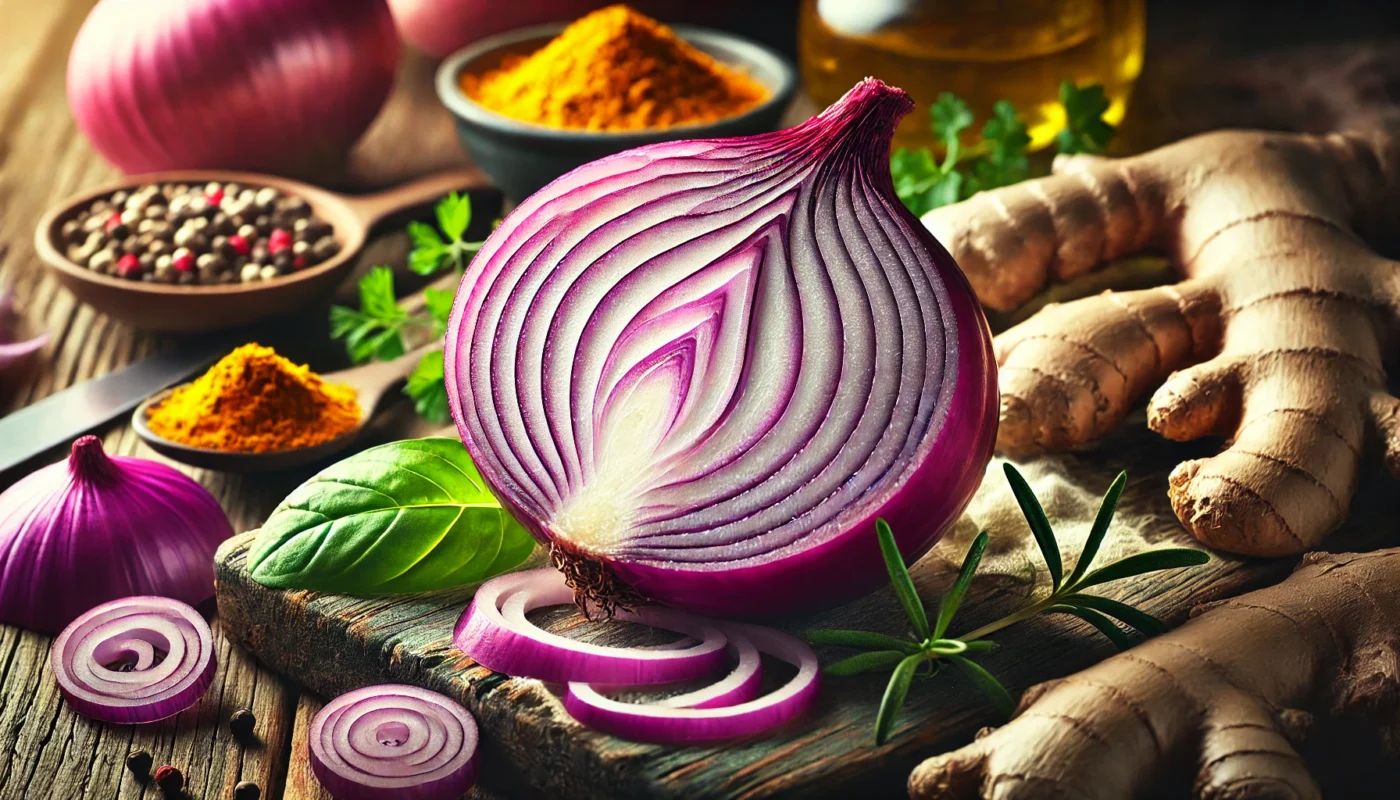Grapes have long been cherished not just for their delightful sweetness and versatility in culinary applications, but also for their potential health benefits. Among the multitude of health topics that pique the interest of fitness enthusiasts, health aficionados, and medical patients alike, the relationship between grapes and inflammation stands out as particularly intriguing. Let’s delve into the scientific evidence and explore whether grapes, along with other popular fruits, are friends or foes in the context of inflammation.
Category Archives: Managing Inflammation Naturally
Discover how natural remedies, lifestyle adjustments, and dietary choices can help control inflammation and promote overall health.
The anti-inflammatory diet is not a strict regimen but rather a way of selecting foods that support your body’s natural defense mechanisms. It emphasizes whole, unprocessed foods while minimizing consumption of refined sugars, processed meats, and unhealthy fats. The goal is to include a variety of fruits, vegetables, whole grains, lean proteins, and healthy fats.
Inflammation is a natural response by our bodies to injury or infection. It’s a crucial part of the body’s defense mechanism, helping to heal wounds and fight off harmful pathogens. However, when inflammation becomes chronic, it can lead to a host of health problems, including heart disease, arthritis, and even certain cancers. Chronic inflammation can silently damage tissues and organs, often going unnoticed until serious conditions develop.
In a world where health has become a top priority, understanding how to boost the immune system naturally is essential. This article delves into the top immune-boosting foods and herbs that can help enhance your immunity and keep you in the best possible health. Whether you’re a fitness enthusiast, a health devotee, or someone managing a medical condition, these insights will guide you toward achieving a more resilient body.
Inflammation is the body’s natural response to injury or illness, acting as a defense mechanism to promote healing. However, chronic inflammation is a different story. It occurs when the inflammatory response persists over time, leading to potential damage and health complications.
Inflammation is the body’s natural response to injury or infection, aimed at protecting and healing. It is characterized by redness, swelling, heat, and pain, serving as a protective mechanism to remove harmful stimuli and initiate the healing process. This response is essential for survival, as it helps to eliminate infections and repair damaged tissues.
Inflammation is a natural biological response to injury or infection. It’s a critical part of the body’s defense mechanism, involving immune cells, blood vessels, and molecular mediators. However, when inflammation becomes chronic, it can lead to various health issues, including heart disease, arthritis, and certain cancers. Therefore, managing inflammation through diet has become an essential consideration in holistic health practices.
In the quest for optimal health and wellness, individuals are increasingly exploring holistic and alternative approaches to manage inflammation—a common underlying factor in numerous chronic health conditions. This exploration often leads to a closer look at dietary choices. One food that repeatedly comes into question in this context is the humble banana. Are bananas truly anti-inflammatory, or do they contribute to inflammation? Let’s delve into the science and explore the potential benefits of incorporating bananas into your diet.
Inflammation is the body’s natural response to injury or infection. While acute inflammation is a necessary part of the healing process, chronic inflammation can lead to a variety of health issues, including heart disease, arthritis, and even cancer. Therefore, managing inflammation is crucial for maintaining overall health and wellbeing.
Facial inflammation is a natural immune response to injury, infection, or irritation. It is characterized by swelling, redness, warmth, and sometimes pain or discomfort. The underlying physiological process involves the dilation of blood vessels, increased blood flow, and the accumulation of immune cells at the affected site. While inflammation is a protective mechanism, excessive or chronic inflammation can lead to tissue damage and contribute to various health issues.










